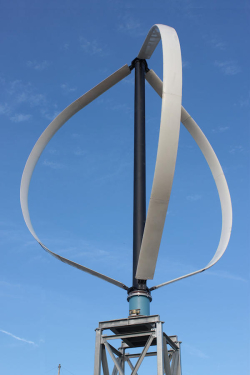
This is a good time to revisit the trends. A recession is also the best time to start a new tech company. Incumbents are faltering and you get a clean sheet of paper to write the future on.

So we’re seeing new wind turbine designs, we’re seeing solar systems based on perovskite, and solar cells are coming for office walls, even your clothes. hOil advocates are screaming there’s not enough material for batteries, but we may not need all that lithium ion, either.
The difficulty with the Machine Internet is systems engineering. Getting the full value out of chips and networks that measure conditions, calculate changes, and deliver savings requires that we look beyond point solutions. So far this remains an industrial market where target industries like healthcare have become adept at resisting Moore’s Law.
The solution is managed care. Connect income with outgo, and you create an incentive for saving money. The U.S. can’t afford its health care system as it is. Integrating data, from devices on your wrist to a doctor’s iPad, can save trillions of dollars and countless lives. But it takes someone on top of the stack, an insurer who profits from the incentives, to make that change happen. It’s starting.
Treating DNA as a programming language is also a systems problem. In this case the systems are those for patent and drug approvals. No one wants to share anything for fear of losing profits down the road. We need to press an open source system onto medicine, so everyone builds from a rising stack. The recent move to eliminate paywalls on publicly-funded research is a good first step. But there’s more to be done.
Systems and standards must be managed. It’s a slow, bureaucratic process. Our popular contempt for government stands in the way. Even the simplest, easiest-to-implement fixes, like a uniform system for managing highway tolls and subway fares, seem impossible. But engineering systems that save money, and sharing the benefits of open source models, are both going to be essential to progress in this decade.










